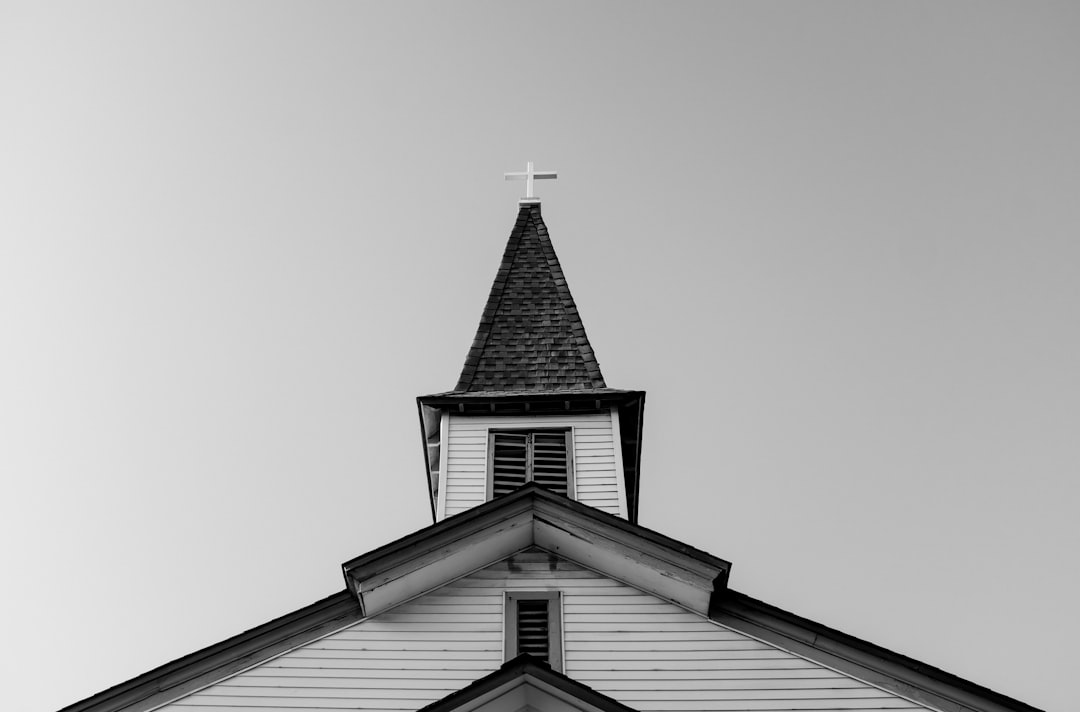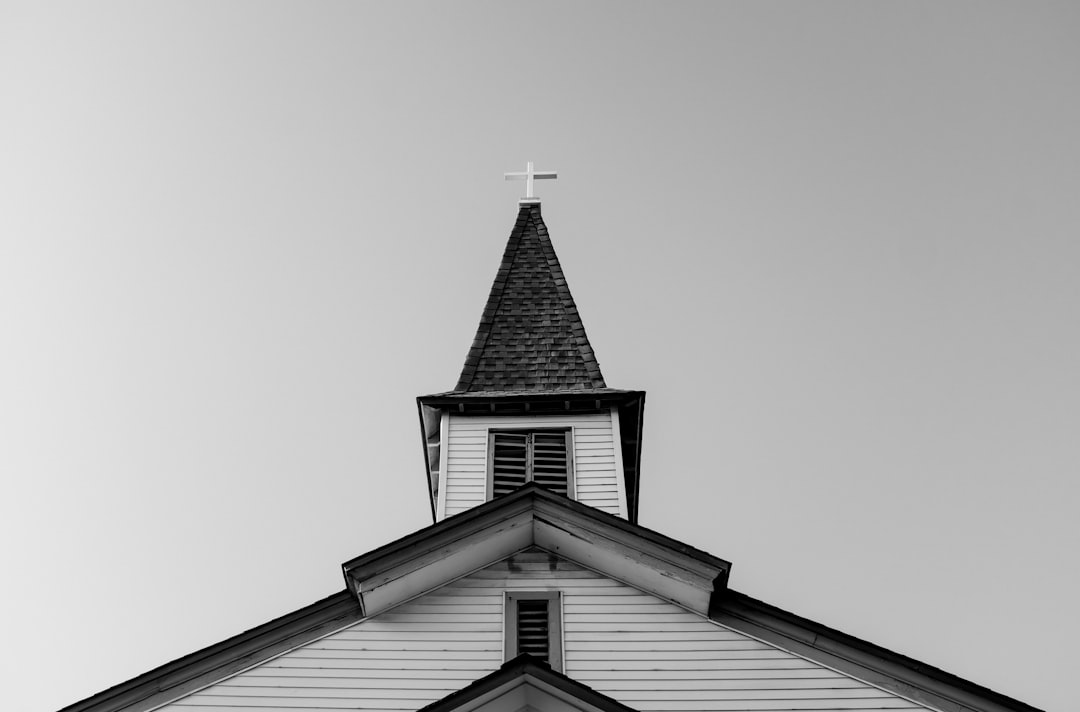Sexual misconduct within the St. Louis Diocese has prompted legal action and accountability. Clergy abuse attorneys in St. Louis MO help victims seek justice, leading to stricter policies and protocols. These measures include background checks, reporting training, and open communication channels, reducing abuse incidents and fostering healing through community support and therapeutic interventions.
In recent years, the St. Louis diocese has faced scrutiny over its handling of sexual misconduct allegations against clergy members, leading to a movement for greater accountability. This article delves into the historical context of clergy abuse within the St. Louis Diocese, explores legal actions taken against perpetrators, and highlights the critical role of attorneys in supporting victims. We examine current accountability measures and their impact, while offering strategies for healing and preventing future abuses in the St. Louis MO community.
St. Louis Diocese: A History of Clergy Abuse

The St. Louis Diocese, like many across the globe, has faced a dark history marked by instances of sexual misconduct within its ranks. Over the years, numerous allegations have come to light, highlighting systemic failures and a culture that once enabled clergy abusers to prey on vulnerable individuals, especially children and young adults. These revelations have sparked significant scrutiny and led to calls for greater accountability.
St. Louis clergy abuse attorneys have been instrumental in shedding light on these heinous acts, assisting victims in seeking justice and holding the diocese responsible. The scale of the problem became evident through legal battles and settlements, forcing the church to confront its past actions. As a result, efforts are underway to implement stricter policies and protocols to prevent similar incidents from occurring in the future, ensuring that transparency and accountability become cornerstones of the St. Louis Diocese’s operations.
Legal Actions Against Sexual Misconduct

In response to the devastating impact of sexual misconduct within the clergy, many victims across the country have taken legal action against their abusers and the institutions that enabled their abuse. St. Louis, Missouri, has not been an exception, with a growing number of individuals seeking justice and accountability from the local diocese. The city is home to a significant Catholic population, and as such, the St. Louis diocese has faced numerous lawsuits related to clergy sexual abuse.
Victims of sexual misconduct by clergy members in St. Louis have turned to reputable clergy abuse attorneys for legal support. These attorneys specialize in navigating complex cases involving church entities and their liability for clerical sex crimes. Through strategic litigation, victims aim to hold the diocese accountable, secure compensation for their suffering, and ensure that similar abuses do not go unpunished in the future.
The Role of Attorneys in Victim Support

In the context of sexual misconduct within the St. Louis diocese, clergy abuse attorneys play a pivotal role in supporting victims and ensuring accountability. These legal professionals are instrumental in guiding victims through the complex process of seeking justice and healing. They provide specialized knowledge and expertise, navigating the intricate legal systems to hold perpetrators and the institution responsible.
Victims of clergy abuse often face unique challenges, including trauma and fear of recrimination. Clergy abuse attorneys offer a safe space, offering compassionate support while employing strategic legal tactics. Through their efforts, they help victims find their voices, secure closure, and contribute to the broader goal of diocese accountability in St. Louis, MO.
Accountability Measures and Their Impact

In response to widespread sexual misconduct within its ranks, the St. Louis diocese has implemented several accountability measures. These include rigorous background checks for all clergy members, strict policies on reporting and investigating allegations, and increased transparency in the handling of disciplinary actions. Such initiatives aim to deter potential abusers and protect vulnerable communities within the church.
The impact of these measures has been significant. With better-screened clergy, the diocese has seen a reduction in reported incidents of abuse. Moreover, open communication channels have encouraged victims to come forward, seeking justice and healing. St. Louis MO clergy abuse attorneys play a crucial role in supporting victims, ensuring proper accountability, and advocating for systemic changes that prevent future misconduct.
Healing and Prevention Strategies for the Future

In addressing the past, it’s crucial to acknowledge that healing is a multifaceted process. Beyond legal repercussions and accountability, true healing requires therapeutic interventions tailored to survivors’ needs. This can involve individual or group therapy sessions with trained professionals who specialize in trauma support, providing a safe space for processing emotions and experiences related to clergy abuse. Community-based support groups facilitated by experts can also foster a sense of belonging and understanding among individuals who have shared similar traumatic events.
Looking ahead, prevention is key to ensuring such tragedies aren’t repeated. The St. Louis diocese must implement robust policies and procedures aimed at safeguarding vulnerable individuals within its care. This includes mandatory background checks for all clergy members, regular and comprehensive training on recognizing and reporting suspected abuse, and an open-door policy encouraging anonymous reporting mechanisms. Engaging the community, particularly through partnerships with local schools and organizations, can also help spread awareness about prevention strategies and equip people with the knowledge to identify and address potential risks. Collaborating with clergy abuse attorneys in St. Louis, MO, can further reinforce accountability measures by ensuring transparency and timely responses to any future concerns.





